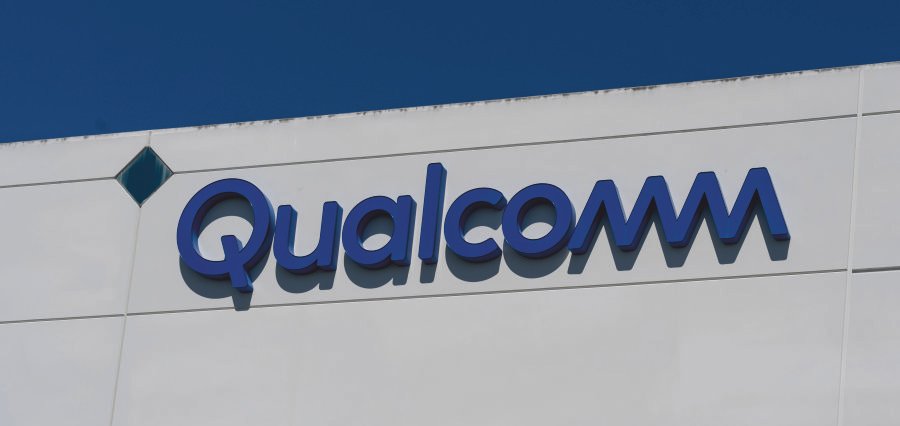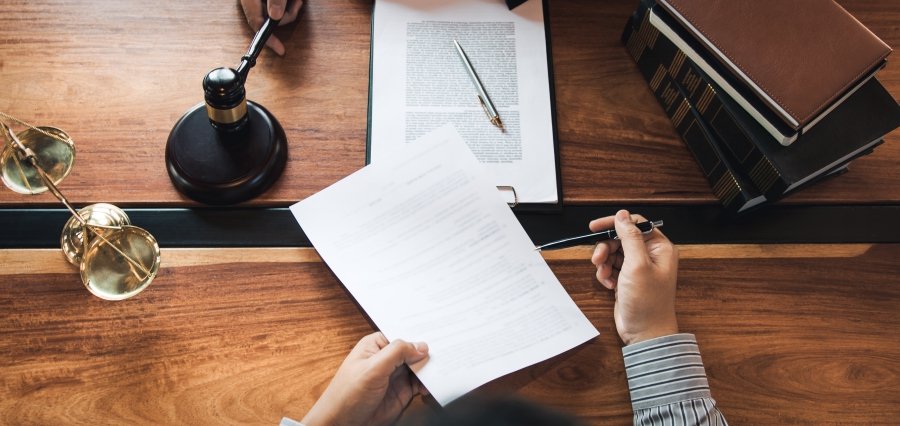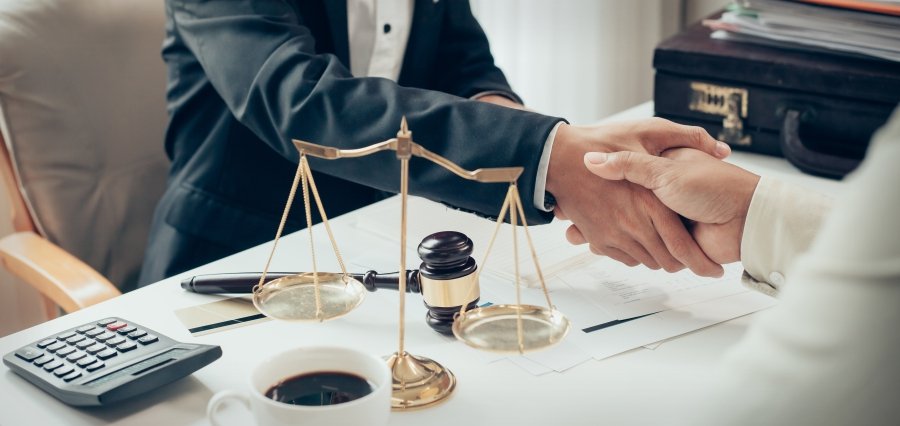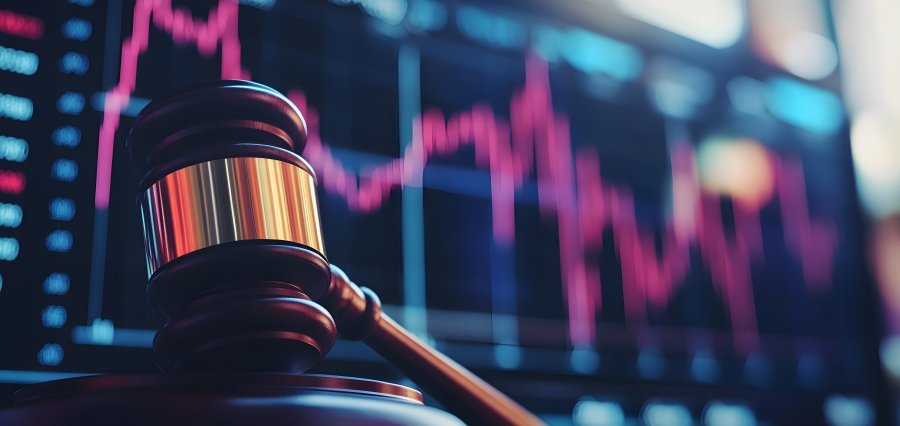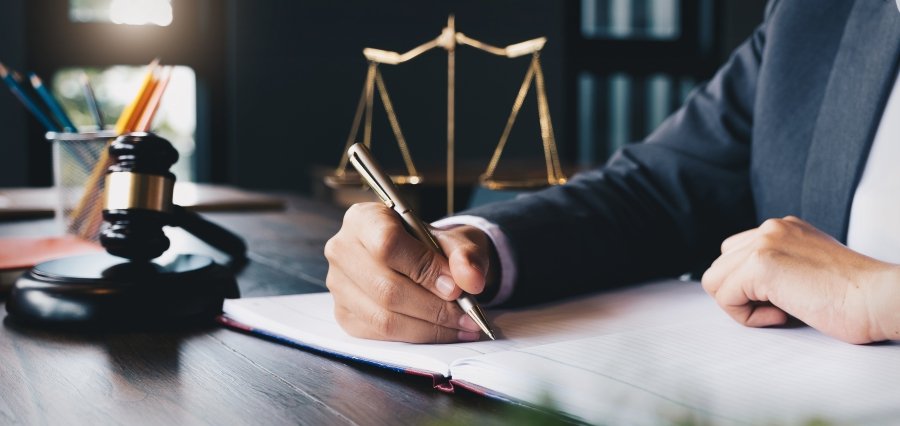Prime Highlights:
- Which? has launched a major trial against Qualcomm, claiming the chipmaker overcharged consumers for iPhones and Samsung Galaxy phones.
- The case could set a landmark precedent, showing that consumers can hold even the largest companies accountable for unfair practices.
Key Facts:
- If successful, Qualcomm could pay up to £480 million in compensation to anyone who bought a new iPhone or Samsung Galaxy phone between 1 October 2015 and 9 January 2024.
- The payout per consumer is estimated to be around £17, and purchases must have been made directly from the manufacturer or an approved retailer or network operator.
Key Background:
A major legal battle is underway that could see millions of UK consumers receive compensation for phones they bought years ago, and still keep them. The first trial in a lawsuit against US chipmaker Qualcomm began in London today, lasting five weeks, potentially affecting an estimated 29 million consumers.
The lawsuit, launched by consumer rights organisation Which? in January 2024, accuses Qualcomm of engaging in anti-competitive practices in the chipset market. According to Which?, Qualcomm used its market dominance to refuse licensing its silicon to some phone manufacturers while demanding higher fees from others, including giants like Apple and Samsung. These extra costs, Which? argues, were ultimately passed on to consumers, meaning many paid more for their devices than they should have.
If the court rules in favour of Which?, Qualcomm could be ordered to pay damages estimated at £480 million. Anyone who bought a new iPhone or Samsung Galaxy phone between 1 October 2015 and 9 January 2024, either directly from the manufacturer or from an approved store or network, could share in this compensation. For individual consumers, this payout is estimated at around £17, modest but potentially significant for households with multiple eligible devices.
Which? CEO Anabel Hoult says the trial is a big moment for consumer rights, proving that even the largest companies can be held responsible for unfair actions.
However, the case faces several hurdles. In this initial trial, Qualcomm must first be found to have held market power and to have abused it. Only then would a second trial determine the financial impact of these actions. While Which? estimates the damages at £480 million; the figure could change depending on the outcome.
Even if the case wins, Which? says there’s no promise of payment. Still, the trial is important for consumer rights and could guide future cases against unfair practices.
For millions of UK smartphone users, this is more than money; it shows that consumer rights count and companies can be held responsible.
Read Also : PwC Tax & Legal Strengthens Real Estate Team with Emilio Gómez Delgado as Partner

